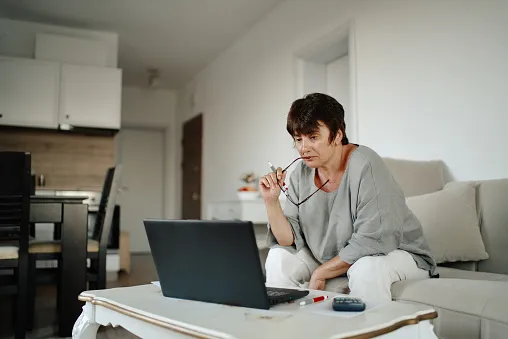
But absolutely think about your inner circle carefully. For instance, consensus that does emerge from the research is that the way you use social media plays a significant role in how negative or positive your experience is. By using social media mindfully, users can minimise potential harms while retaining the benefits. There appear to be no published studies that have assessed the long-term impacts of permanently quitting social media.
**What are your opinions on someone with no social media?** This question often sparks curiosity and debate among individuals who rely heavily on social networking platforms for communication and connection. In a world where digital presence plays a significant role in shaping personal and professional relationships, the decision to opt out of social media can seem unconventional to some.
Filling out that section of the application does not in itself mean the applicants lack IDs. “To the contrary, most conflict is started by people who would consider themselves the ‘good guy’ in the situation because they are holding people accountable for their bad/foolish ideas,” suggested Lampe. “Another theory is that different groups of people have different norms for how ‘aggressive’ to be, but online spaces collapse all of those people into the same channels creating conflicts,” Lampe continued. Workman said a valuable lesson comes from this research in that social media users should educate themselves about the influences of social media and think critically about topics before taking a stance.
Not having an online social presence doesn’t automatically equate to not being popular! People without social media still have good friends, a love life, and close relationships with their family members. Social media often makes people feel they’re missing out on something, even when they aren’t.
Benefits of Not Having Social Media
Some people choose to disconnect from social media for various reasons. **Privacy** is one of the main concerns cited by individuals who prefer to keep their personal lives offline. By abstaining from social media, they can avoid sharing intimate details with a wide audience and protect their data from potential breaches.
**Mental health** is another factor that influences the decision to stay away from social media. Constant exposure to curated feeds and comparison with others’ highlight reels can lead to feelings of inadequacy and low self-esteem. By eliminating this source of negativity, individuals can focus on nurturing real-life connections and building genuine relationships.
People that would click a button to sign a petition were classified as minimal effort. Maximum effort meant attending a rally for or against the compensation changes. If an individual took all three actions they were scaled at the polar end of activism. Visit our website terms of use and permissions pages at for further information. Remind yourself of things that are great in your life, and celebrate your accomplishments (big and small!). Create a ‘happy me’ folder of your favourite life moments, pics with friends, and great pictures of yourself, and look at this if you find yourself falling into the comparison trap.
But because of that, sometimes I can ignore the people around me. It just like my body in there but I don’t have my soul in my body. People get distracted by all the social apps and news and messages they receive, leading to all sorts of problems like distracted driving or the lack of gaining someone’s full attention during a conversation. Browsing social media can also feed procrastination habits and become something people turn to in order to avoid certain tasks or responsibilities. So much is shared online these days that issues over privacy are becoming an increasingly big concern. With so many people now on social media tweeting links and posting selfies and sharing YouTube videos, it sure can get pretty noisy.
For people struggling to fit in with their peers ‘ especially teens and young adults ‘ the pressure to do certain things or act a certain way can be even worse on social media than it is at school or any other offline setting. In some extreme cases, the overwhelming pressure to fit in with everyone posting on social media or becoming the target of a cyberbullying attack can lead to serious stress, anxiety and even depression. Probably most of us are using multiple social media platforms these days. Instagram, which was acquired by Facebook in 2012, has over 700 million active users, Twitter has 328 million, and Snapchat has 255 million. So, perhaps an aggregate amount of time we spend on social media these days is probably closer to minutes per day, with many of us averaging well above that number.
Challenges of Not Having Social Media
While there are benefits to eschewing social media, there are also challenges that come with this choice. **Social isolation** is a common concern for individuals without online profiles, as they may miss out on invitations, updates, and events shared exclusively through social networking sites.
**Professional opportunities** can also be limited for those who do not have a digital presence. Employers often use social media to vet candidates and assess their suitability for roles, so not having an online profile could potentially hinder one’s career prospects.
Final Thoughts
Ultimately, the decision to have or not have social media is a personal one that should be respected. While there are advantages and disadvantages to both choices, it is essential to prioritize what aligns with one’s values and goals. Whether someone chooses to embrace social media or opt out entirely, it is crucial to maintain a healthy balance between online and offline interactions for overall well-being.



